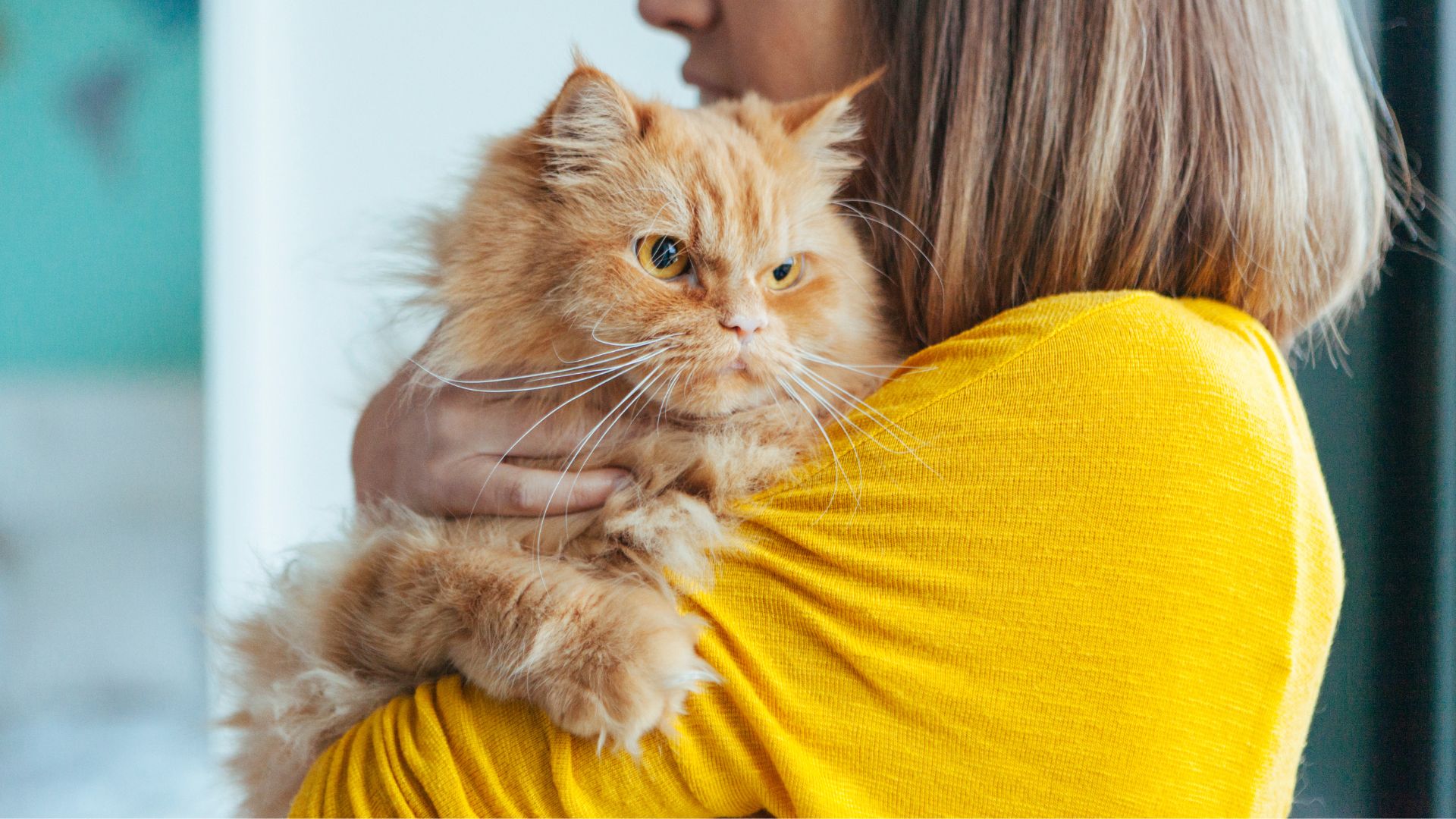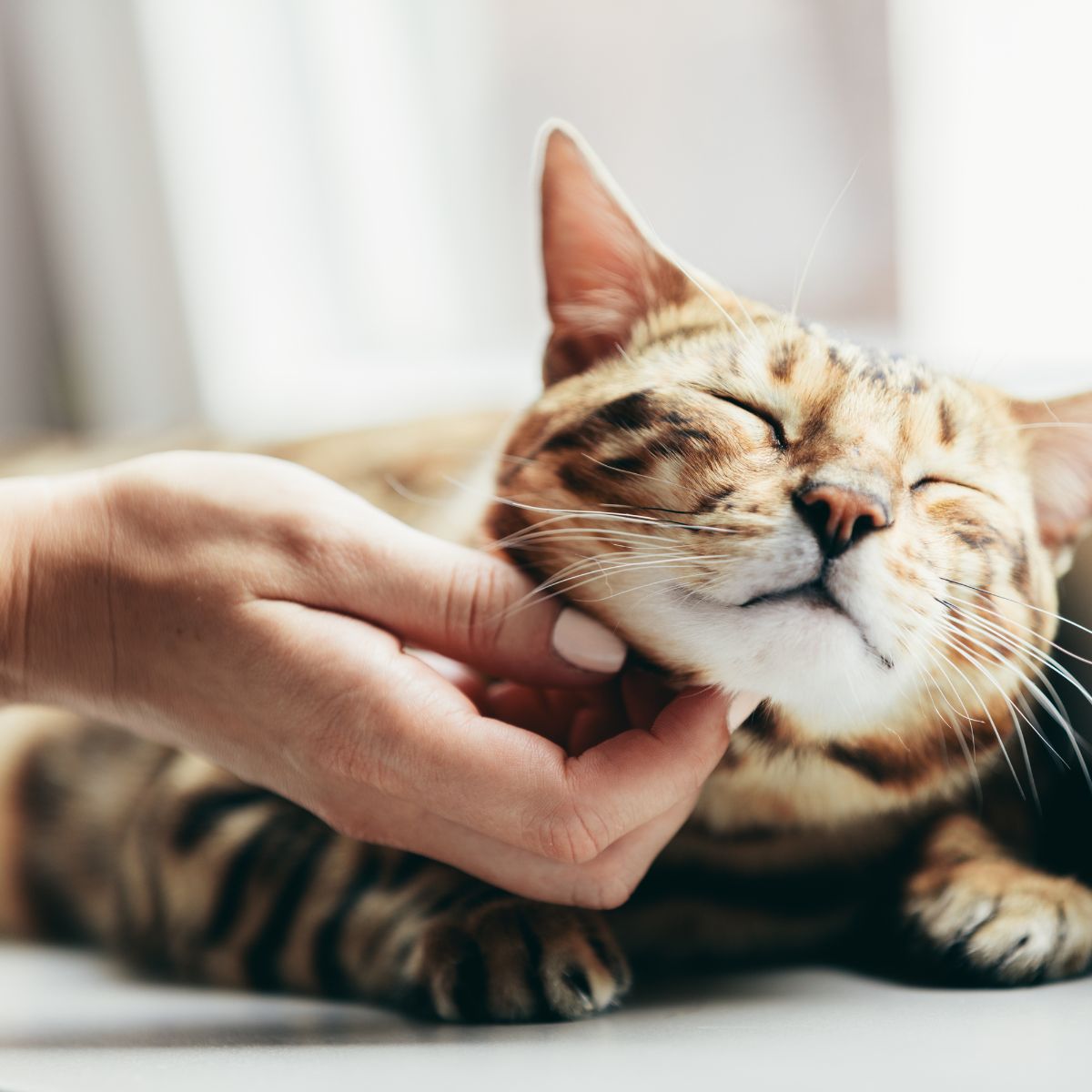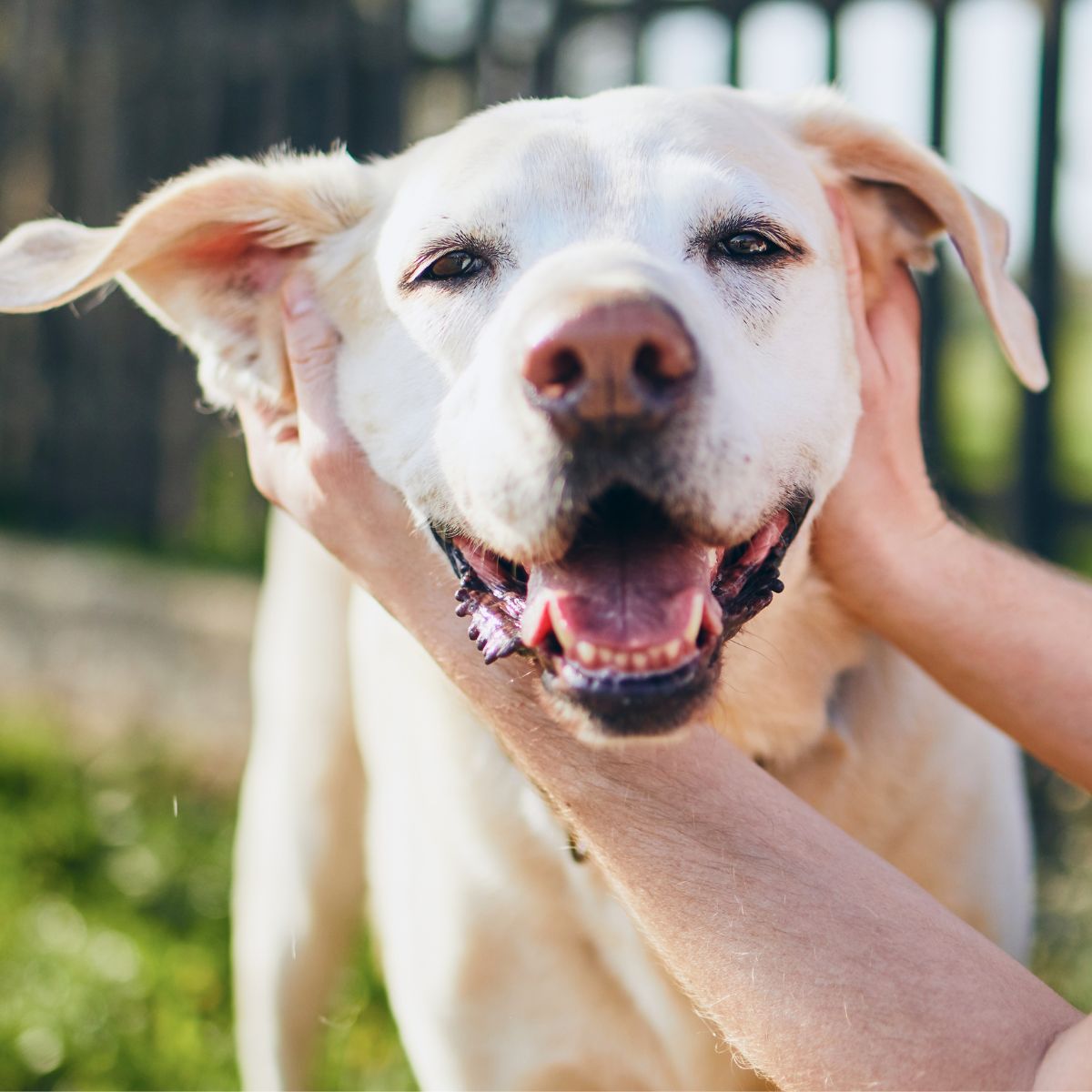Same-Day Appointments Available
Animal Health Center of Land O’ Lakes is a full-service animal hospital that welcomes new and existing patients in need of routine medical, surgical, and dental care.




About Animal Health Center of Land O’ Lakes
Animal Health Center of Land O’ Lakes is proud to serve the Land O’ Lakes, FL area for everything pet-related.
Our experienced and knowledgeable veterinarians are ready to provide your pet with the highest quality of care. We offer a comprehensive range of veterinary services. Our goal is to provide quality veterinary care with a personal touch. We strive to create an atmosphere that is both pleasant and comfortable for our clients and their pets. We look forward to serving you and your furry family! Thank you for choosing Animal Health Center of Land O’ Lakes for all of your pet’s healthcare needs.
Complete Veterinary Care in Land O’ Lakes, FL
Our veterinary services are designed to provide professional, compassionate medical care for your pets. Our highly-trained staff is dedicated to providing the best service and care possible, and our state-of-the-art facility ensures that your pet receives innovative and high-quality services. We understand that each pet is unique and deserves individualized attention.

Pet Wellness Exams

Pet Dentistry

Pet Vaccinations

Pet Surgery
WELCOME LETTER FROM OUR STAFF AND VETERINARY DOCTORS
If you live in Land O’ Lakes or the surrounding areas and need a trusted veterinarian to care for your pets – look no further!
Animal Health Center of Land O’Lakes opened in 2008 to serve our rapidly expanding community. Our goal was to develop a highly-trained, caring team that strives to deliver unparalleled patient care and create lasting client relationships.
We are a full-service animal hospital that welcomes patients in need of routine medical, surgical, and dental care. Our staff has decades of experience treating serious conditions and offering routine pet wellness and preventative care. Your pets’ health and well-being are extremely important to us, and we take every possible measure to give your animals the care they deserve.
We are happy to offer several resources that enable you to learn how to take better care of your pets. Please feel free to browse our site, particularly the informational articles. The best veterinary care for animals involves proper nutrition and problem prevention, so becoming knowledgeable about preventative pet care is essential to the ongoing success of your animal’s health. We also welcome you to subscribe to our newsletter, which was created especially for our “AHC Family.”
If you have any questions or would like more information about our hospital, please call us at 813-996-3800. Our office is very easy to get to – just check out the map below!
We look forward to meeting you and your pets!
Meet Our Veterinary Team
Our veterinary team is dedicated to providing exceptional care for your beloved pets. With a wealth of experience and expertise, our compassionate and skilled staff are here to ensure the health and well-being of your pets. From routine check-ups and vaccinations to advanced surgical procedures, we offer a comprehensive range of services tailored to meet your pet’s individual needs. Our team is experienced in providing compassionate care for all your pet’s life stages. Our knowledgeable doctors strive to provide the best possible health care for all our patients. Your pet’s health is our top priority, and we look forward to serving you and your animal companions.
Thank You for Your Kind Words
We are grateful you have chosen our Animal Health Center of Land O’ Lakes and appreciate the trust you place in us to care for your companion animals.
Tracey C.




